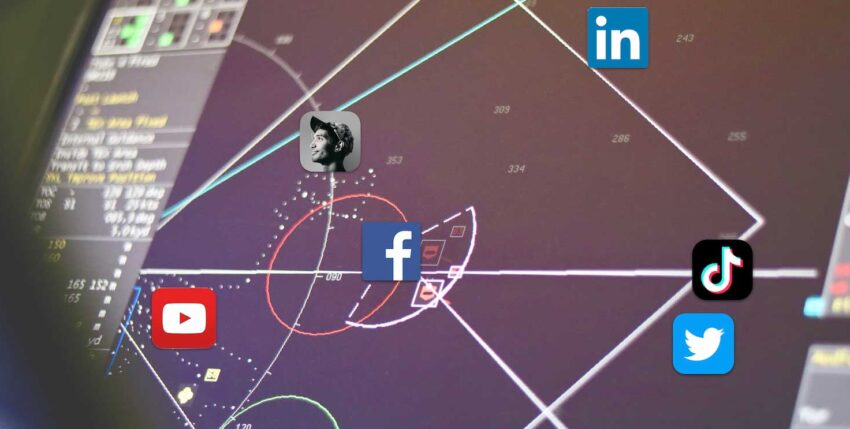Public communication is similar to seafaring in many respects. The sea offers great freedom, although some waters are rough and stormy. Some players therefore prefer to sail along at a leisurely pace, while others seek a challenge and like to sail close to the wind; there are safe harbours, but also minefields. And then there are the great depths...
Communication in and about security policy in particular did not and does not always take place on the surface - and if it does, then occasionally behind a thick fog. It is often not clear what is being discussed with whom, where, when and how.
In this analogy, journalists act like pilots: thanks to their experience, they know their way around their home territory; they know who is travelling there, where the dangers are and how to avoid them, and they always keep a watchful eye on all developments.
With the rise of social media, however, the role of journalists has changed: whether politicians or authorities, lobbyists or companies - thanks to Facebook, Twitter, Instagram and the like, hardly any of them are dependent on the "old" media such as newspapers, radio and TV. Anyone who doesn't receive an invitation to a talk show, for example, simply records a video and uploads it to YouTube.
So why do we still need pilots today when everyone can navigate with the help of electronic devices?
Quite simply, the security policy discourse that was once conducted in a comparatively stringent manner through panel discussions, specialist articles and occasional television interviews has become more diverse. Stakeholders rarely meet above water, instead retreating into supposedly protected spaces. As a result, much remains below the surface. Small bubbles merely reveal where something is bubbling or where rich resources are hidden. Pilots are therefore still needed who know such places and can correctly interpret the rising bubbles; who know where dangers lurk and where treasures can be discovered; who provide orientation.
With the new series "Out of the filter bubble", we now want to report on current maritime discussions on marineforum.online in all those communication spaces that are either not accessible to everyone (e.g. exclusive events) or that cannot be found immediately due to the large number of offerings (e.g. because of the numerous social media platforms). These will not be summaries of speeches, tweets or podcasts, but situational reflections on topics that we consider important and worth discussing on a broader scale, not to say on the surface.








